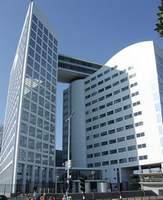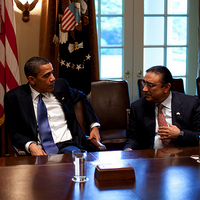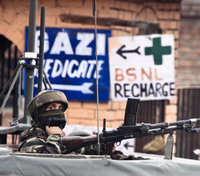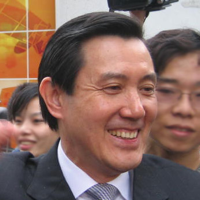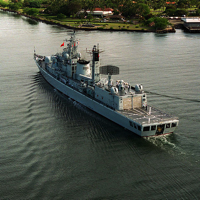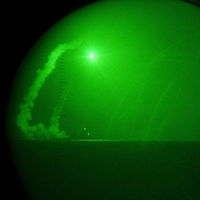
After weeks of debate followed by days of confusion, the international coalition enforcing a no-fly zone in Libya has finally taken shape. Spearheaded by the U.S., the U.K. and France, Operation Odyssey Dawn now also includes Canada, Italy, Belgium, Denmark, Qatar and the United Arab Emirates, all of whom have intervened to stop Col. Moammar Gadhafi from carrying out a threatened massacre against his own citizens. Although the ultimate outcome of the intervention remains uncertain, the Libyan episode has already revealed three important features of contemporary global politics. First is the issue of U.S. leadership and its global responsibilities. After […]

